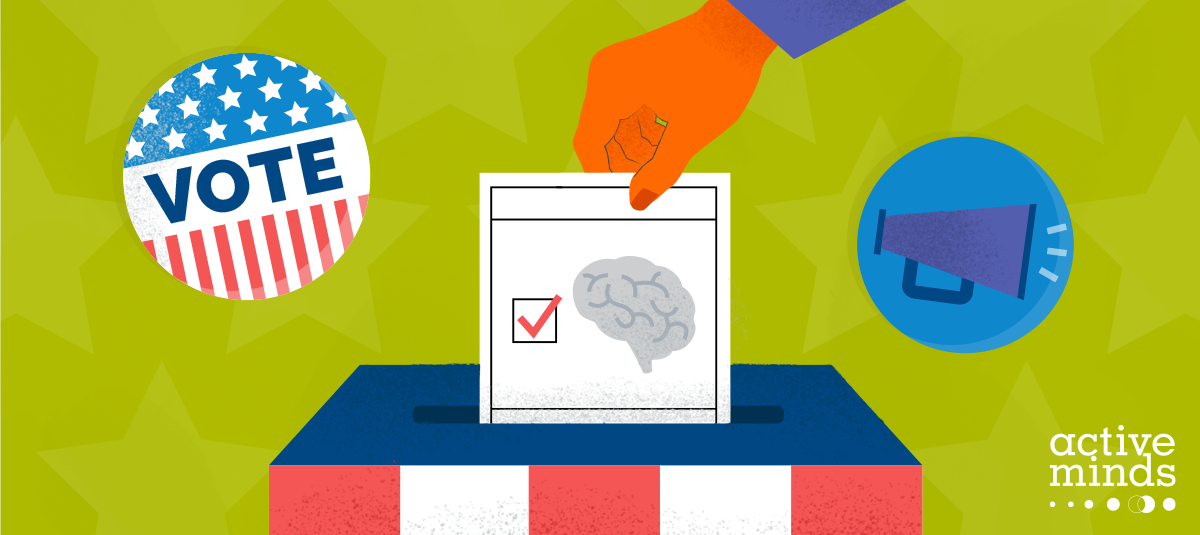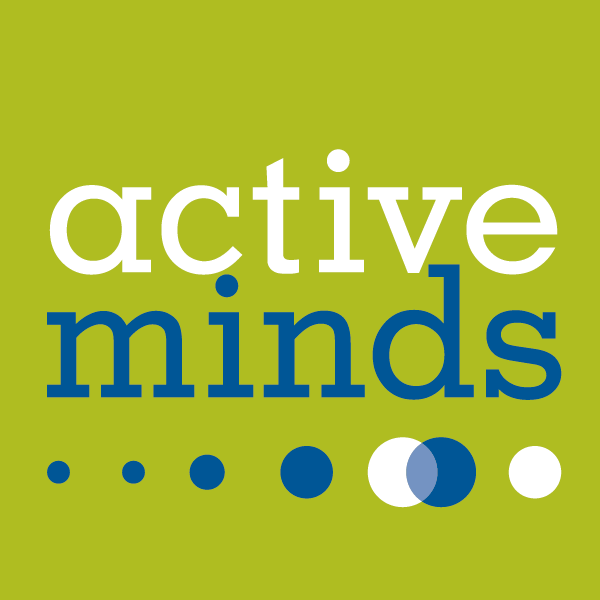Voting forms the bedrock of our democracy, carrying substantial weight in shaping the policies and societal issues that will be addressed during campaigns and highlighted in the laws put into action in your state. In the 2023 election cycle, voters wield influence over a wide range of positions, including gubernatorial candidates (governors), state legislatures, state supreme courts, and mayors. There will also be three special elections for three seats in the House of Representatives. Vote Early Day, a national movement created in 2020, is a chance for you to take action on important mental health initiatives and become an active member of our political process.
This year, Vote Early Day falls on Oct. 26 to remind you of the opportunity to cast your ballot before the official Election Day in an effort to make the voting process more accessible and equitable. While this is a nationally coined day, your state’s early voting laws might differ. Check out Vote Early Day’s website to ensure you have the most up-to-date information on your state’s early voting laws. And remember: the final day of voting is Nov. 7, 2023 — whether or not you are able to vote early, don’t miss your chance to cast a ballot!
2023 is what is referred to as an “off-year” for elections — a time when neither a presidential election nor the majority of congressional midterms take place. However, it’s still incredibly important to take part in voting. While federal elections often receive the spotlight, it’s crucial to recognize the significance of state and local elections. These elections hold equal, if not greater, importance, as they determine how laws are enacted, especially in areas like mental health. For instance, in the congressional budget for fiscal year 2024, there’s a substantial allocation of funds under review for various mental health initiatives. The final approved amount will then be entrusted to individual states for implementing community mental health programs. The discretion in running these programs will vary from state to state, highlighting the vital role of state and local governments.
Another mental health bill is on the docket in Maine; the bill asks voters to decide whether to allow individuals under guardianship for reasons of mental illness to vote in elections. Having the power to vote on this would mean restoring constitutional rights to those living with mental illness. Those outside of Maine can take a simple step for mental health advocacy by reaching out to their senators and representatives, encouraging them to support the Improving Mental Health for Students Act. This act would ensure that every college student ID has crisis support contact information on the back, which can be a big help for those seeking professional support during times of need for themselves or friends.
Voting before (or by) Nov. 7 is incredibly important — however, if you’re not yet 18 or are looking to stay engaged beyond the election, there are still plenty of ways to make a positive impact. Getting involved in your local government and community is a great way to start. You’ll find committee and board meetings that are open to the public, where your city council or school board discusses things that affect your daily life in your community. Let your elected officials know what’s important to you and participate in the conversation. Starting your own Active Minds Chapter can also be a great way to get involved in your own school and campus community and create an environment for these conversations to thrive. Your involvement can really make a positive difference in your community and for youth and young adults everywhere.




